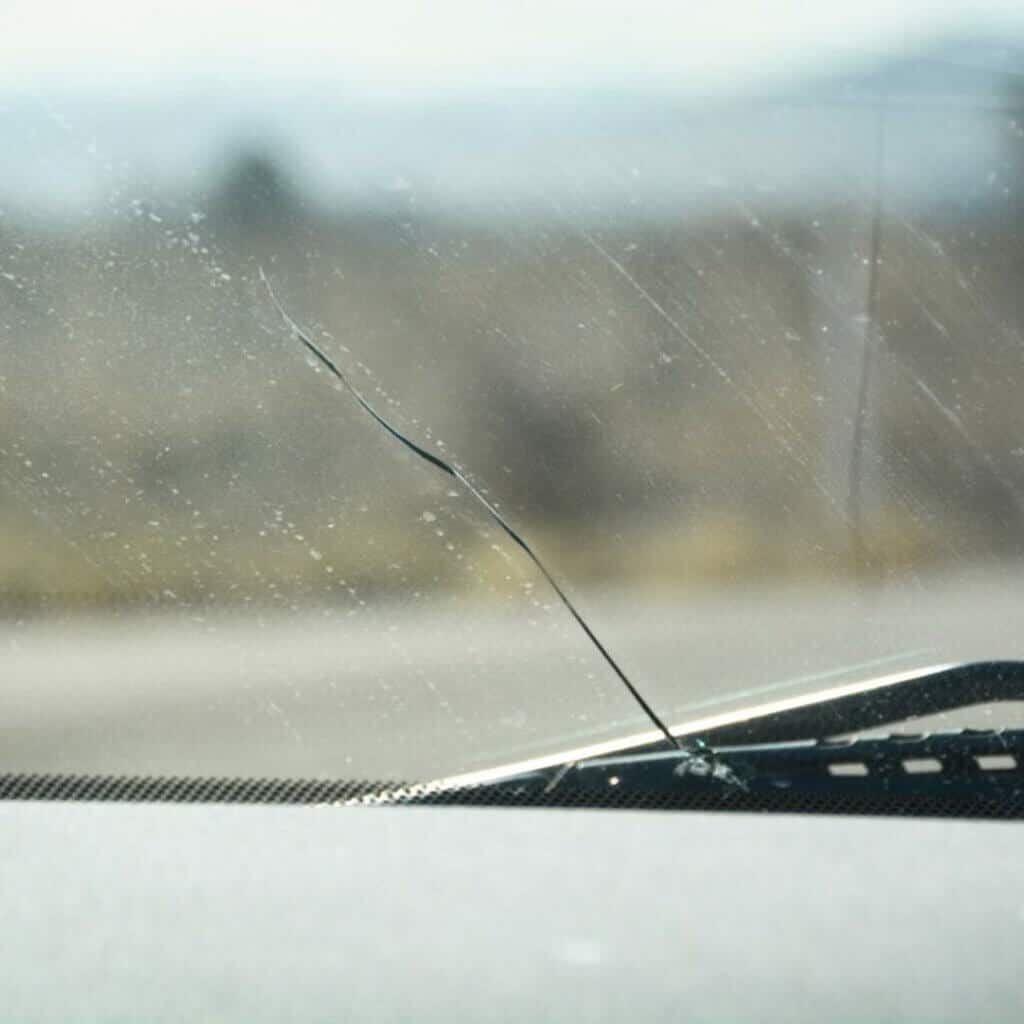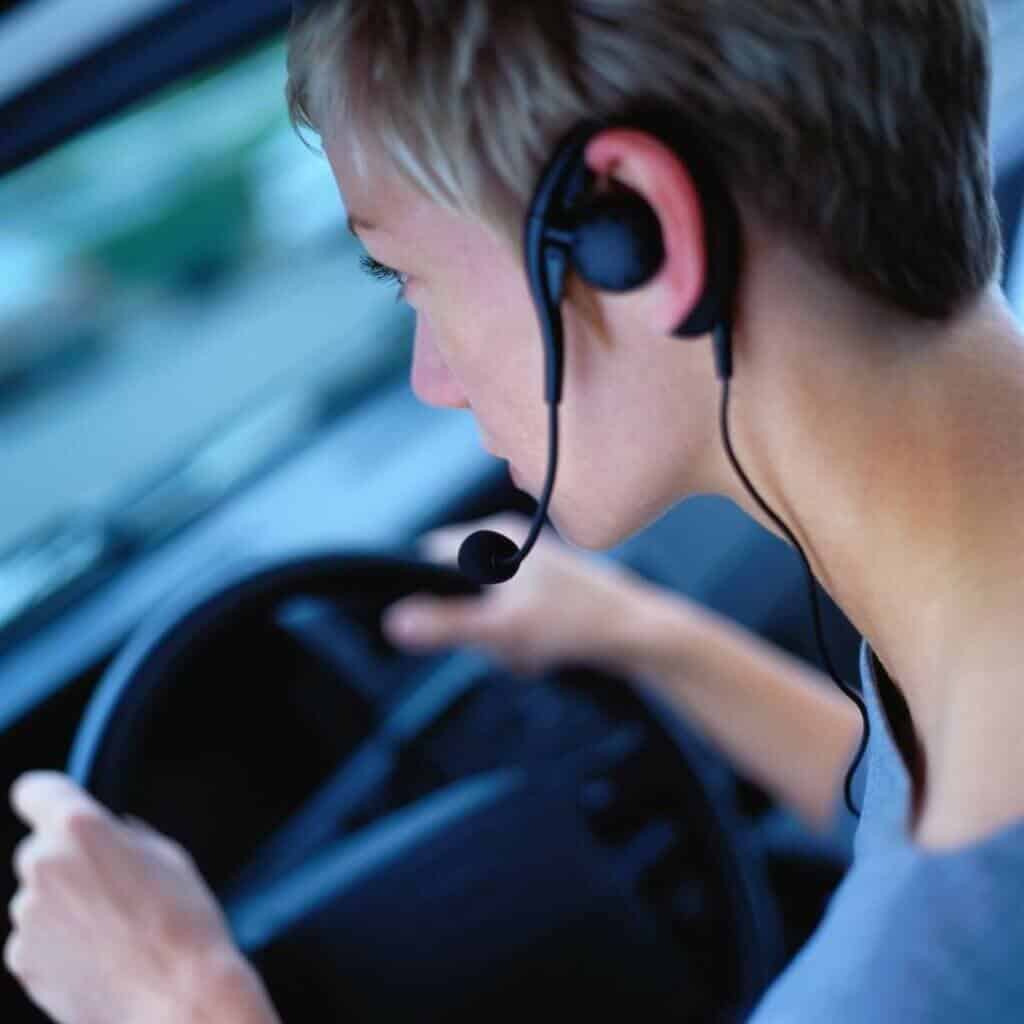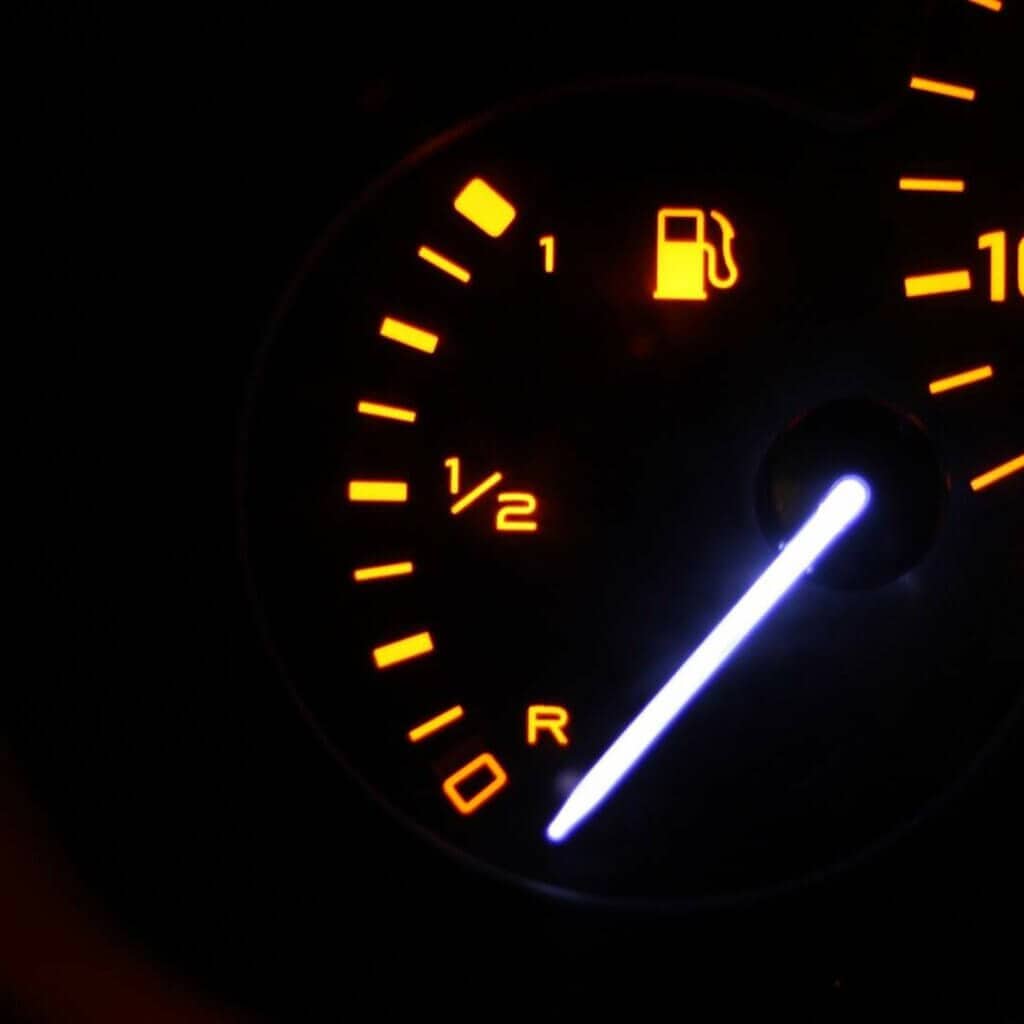Are you familiar with the Check ESC Renault warning message?
Most modern automobiles come equipped with the ESC (Electronic Stability Control) system, which is a crucial safety element. The technology is intended to assist you in keeping the car stable and under control in difficult circumstances, such as on slippery roads.
However, if you own a Renault, the Check ESC Renault warning light might appear on your dashboard when driving. The Check ESC alert can occasionally be seen as the initials ESC. If it is flashing, the ESC system is acting to prevent a collision, such as when driving on a slick surface. The ESC system is malfunctioning if the light remains on.
In this article, we will explain what it means to have the Check ESC illuminating on your Renault. We will also explore possible causes and solutions to the problem.
What Check ESC alert means
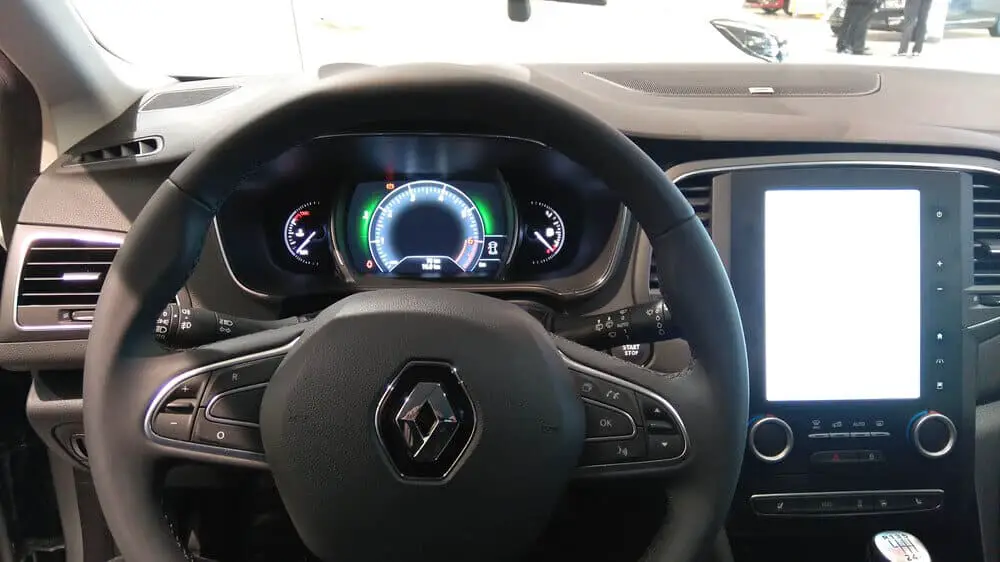
The ESC light indicates an issue with your car’s electric stability control system [1].
This system functions in tandem with your car’s traction control system to help you maintain control of your car in hazardous situations.
Also, when the light turns on, the system is alerting you that there may be a problem with one or more of its other components. The faults could be minor or serious.
There are several causes connected to the Check ESC alert. These include malfunctioning wheel speed sensors, faulty yaw rate sensors, and electrical issues, among others. However, take note that the Check ESC light in your Renault can turn on to show that the system is active.
When this occurs, you will feel your car applying brakes to certain wheels. The warning light normally goes out once the system has finished its work. If the warning light remains illuminated for an extended period, there is a problem with the system.
Common Causes of Check ESC Renault
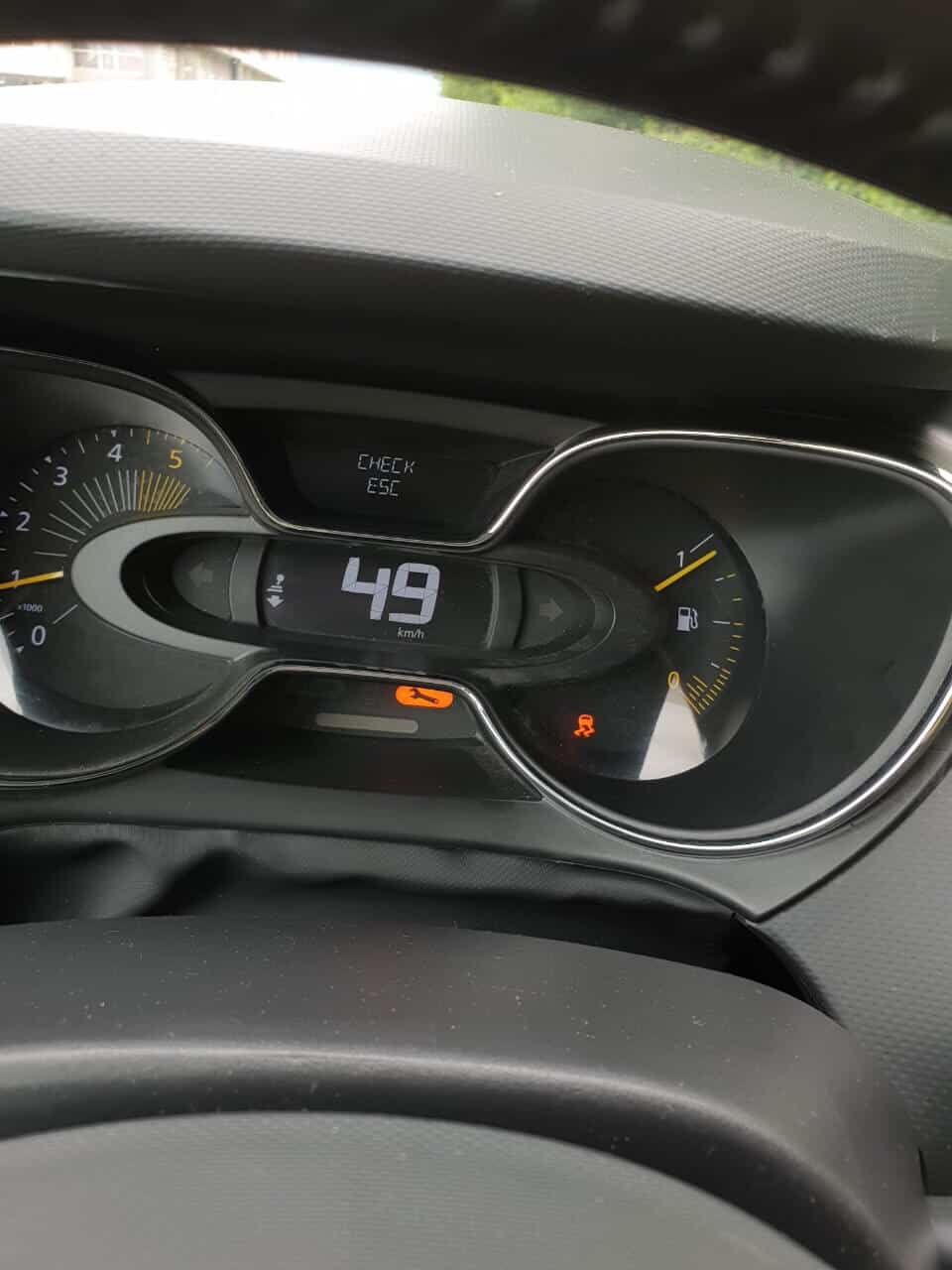
A malfunctioning wheel speed sensor or accidentally turning off the system are the two most frequent reasons for an ESC light on your Renault. A defective steering angle sensor or a wiring problem can also be to blame.
Although these are the most typical reasons for an ESC light, there are other things to watch out for as well. The most frequent causes are highlighted below.
- ESC System is Turned Off
The car may alert you if you choose to turn off the ESC system for any reason, especially when approaching a slippery road. Some drivers choose to switch off the ESC to have more control when driving, which causes the warning light to illuminate [2].
Your car will alert you that you need to turn the system back on if this occurs. If you must switch the system off, make sure to do so sparingly and only when necessary.
Find out how to turn the system on and off and try it out before taking your car to the service. You’d be astonished at how frequently this resolves the issue and eliminates the need for unnecessary visits to the mechanic.
- Faulty Wheel Speed Sensor
A defective wheel speed sensor [3] is sometimes to blame when there is an ESC system issue. The rotational speed of each wheel is monitored and measured by these sensors. This is crucial information for the ESC system since even small changes in wheel speed could result in a loss of stability and traction.
Each wheel speed sensor is monitored by the ESC system in your car, which then modifies the brakes to account for any anomalies it detects. Therefore, if one of your car’s wheel speed sensors is broken, the ESC system will receive inaccurate or no information, which will turn on the warning light.
You can make sure that each wheel speed sensor is operating properly. This can be achieved by connecting a scan tool and keeping an eye on each sensor’s speed readings while you drive.
- Faulty Steering Angle Sensor
The steering angle sensor is another sensor that governs your ESC system. Together with the wheel speed sensors, this sensor ensures that each wheel is turning at the proper rate for the direction you’re traveling. [5]
The steering angle sensor is necessary for determining how your car will react to your maneuvering. It allows the ESC to quickly detect where you want the car to go by sensing the movement and direction of the steering wheel.
A broken steering wheel angle sensor prevents the car from responding to the steering as it should. Consequently, the Check ESC Renault warning light illuminates to alert you of this critical problem.
- Electrical/Wiring Issues
Even if the sensors themselves are functioning well, no component will run if there is a wiring break between the sensor and the Engine Control Module (ECM) [6].
Although it’s not common, a broken circuit can occur, especially where the exposed wiring is near the wheel speed sensors.
Damaged, loose, or corroded wires might obstruct proper communication between ESC parts. The entire ESC system will malfunction if different parts are not interacting with one another as they should. As a result, you receive an alert informing you to examine the system.
When inspecting the sensors, make sure to also check the power and the battery. Sometimes the problem could be a drained or dead battery.
- Faulty Yaw Rate Sensor
The yaw rate sensor [7] is responsible for detecting and measuring your car’s rotation around its vertical axis. It also detects any changes or detours from the original course.
The ESC system receives data from the yaw rate sensor. This allows the ESC to make the necessary adjustments and prevent the car from losing stability or control.
If your yaw rate sensor malfunctions, the warning light on your Renault dashboard will appear as a result of faulty or no data being supplied to the ESC system.
How to Fix Check ESC Renault
The Check ESC Renault light can be fixed in several methods. Here are some approaches that have proven successful for numerous Renault drivers:
- Check all the sensors connected to the ESC
Have your technician examine all the ESC system-related sensors and replace any that are broken, worn out, or ineffective.
- Have a comprehensive diagnostic scan and repair work performed
If you are unsure how to accomplish this or if you do not have the necessary diagnostic scan tools, take your car to a Renault work Centre. They will examine the computer in your automobile to identify the potential problem area.
Is It Safe To Drive With This Warning Message?
Driving while the ESC light is on is dangerous. However, if the Check ESC alert comes on only when driving doesn’t imply you necessarily have a problem. In case the light flashed on and off while you were driving on slick roads or the vehicle was skidding, everything was functioning as it should, and you have nothing to worry about.
However, it is not safe to be driving if your ESC light is turning on when it shouldn’t or is staying on constantly (when you haven’t switched the system off). This is because the ESC system restores stability by activating the ABS [8] and applying the brakes to individual tires.
As a result, the brakes may begin to pump intermittently when driving at highway speeds. Although having an ESC light on while driving is probably not going to cause any issues, the first time it malfunctions could result in a major accident.
Read Also: Driving Stabilization Warning Message BMW
Conclusion
If the Check ESC alert displays on your Renault dashboard, the electronic stability control system of your car is likely to have a problem. The most common causes of the Check ESC Renault include failure to turn on the ESC system, faulty wheel speed, steering angle, or yaw rate sensors, and electrical issues.
When the system is deactivated, which could have happened accidentally, the ESC light will illuminate with the word “OFF.” To confirm, try turning off and starting the engine again. Get it checked at a garage if the light stays on even after restarting because the ESC system is a crucial safety element.
When things don’t function as they should, it can be a little aggravating, but the ESC system is a potentially life-saving invention. The many accidents it has prevented make up for the few issues it occasionally causes.
Read Also: Gearbox Malfunction Audi


